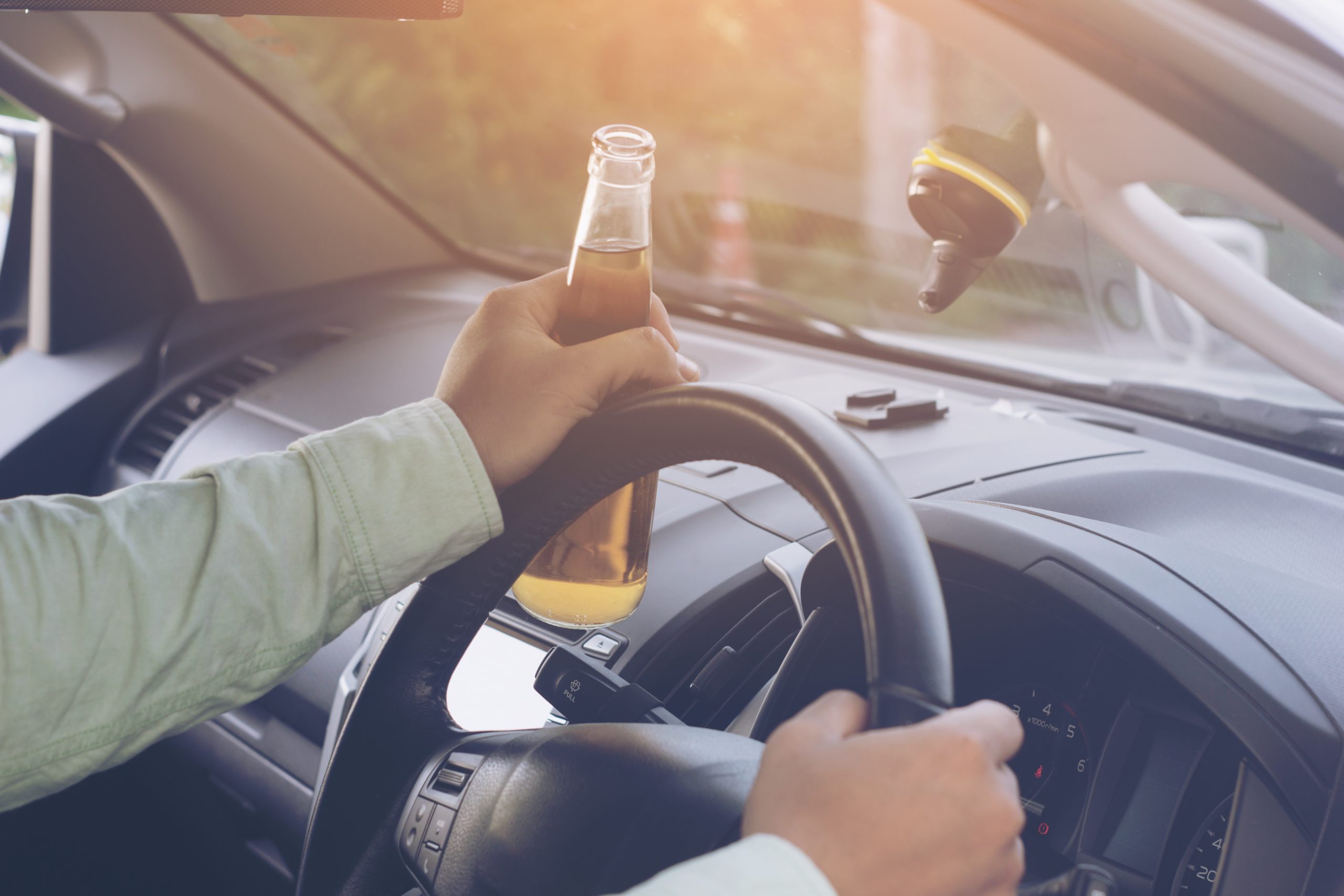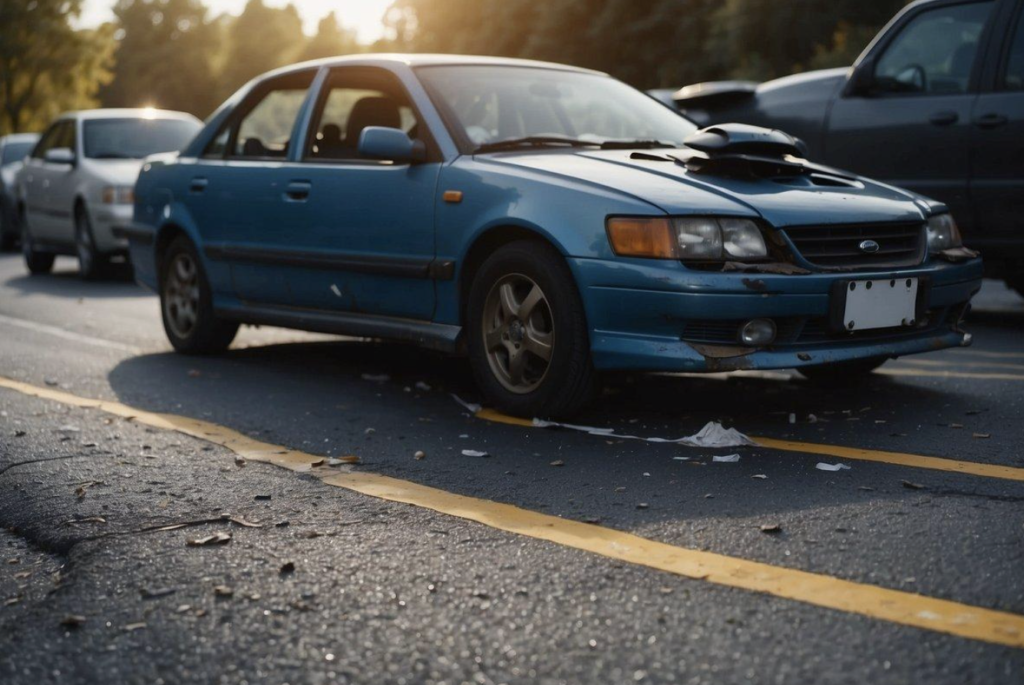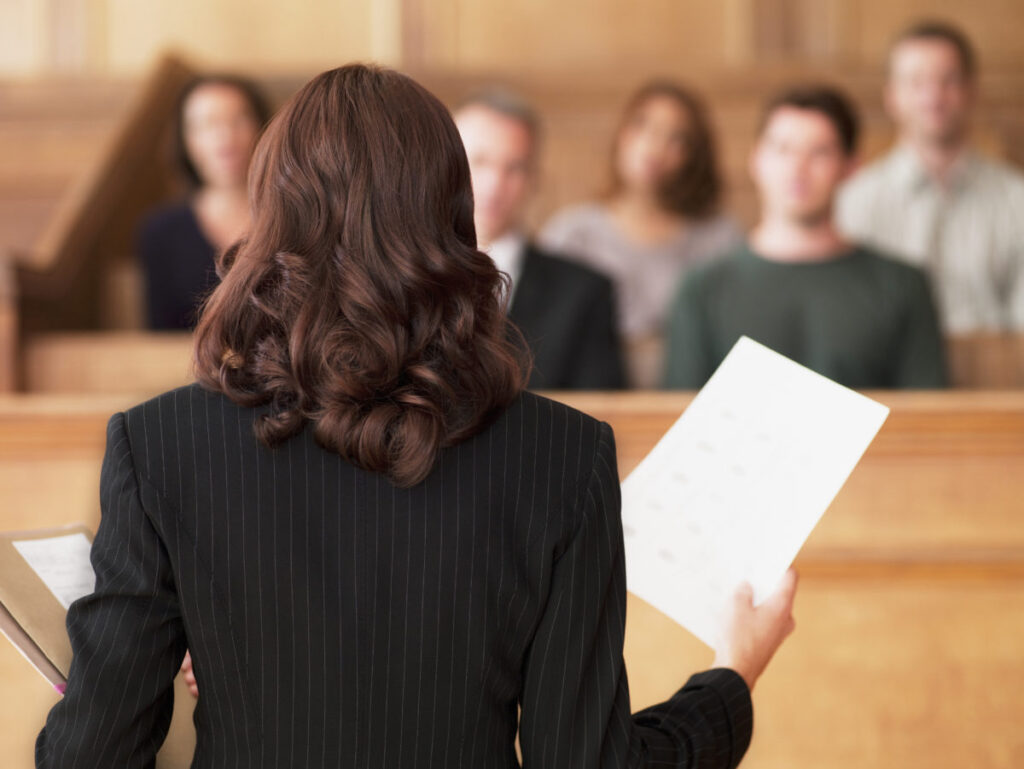Now Reading: Understanding the severity of a drink driving penalty
-
01
Understanding the severity of a drink driving penalty

Understanding the severity of a drink driving penalty
So, you’ve been caught drink driving. What’s next?
In most cases, you will be given a drink driving penalty reflecting the severity of your case.
Being charged can have lasting effects on your personal and professional life, so it’s important you understand the measures you can take to help mitigate the related consequences.
Here’s everything you need to know about receiving a drink driving penalty.
Legal limits for drink driving
When it comes to drink driving, every country has different rules and regulations. In the UK, you will receive a drink driving penalty if the police find:
- 35mg of alcohol in 100ml of breath
- 80mg of alcohol in 100ml of blood
- 107mg of alcohol in 100ml of urine
What is a drink driving penalty?
A drink driving penalty isn’t just a slap on the wrist; it’s a severe legal consequence administered when someone is found guilty of driving while under the influence of alcohol. The implications of such a conviction are varied and can be deeply impactful. Penalties can range from:
- A fine of up to £5000
- A prison sentence of up to 6 months
- A mandatory driving disqualification
You could also be considered a high-risk offender if you:
- Have previous disqualifications in the last 10 years
- Your breath reading was 87.5 micrograms or above
- You failed to provide a specimen
This framework serves to underline the immense responsibility every driver has, both to themselves and to the community.
Consequences of receiving a drink driving penalty
While the consequences may not seem too bad on paper, they can have detrimental effects on an individual’s lifestyle and relationships.
If you were to receive a fine as a drink driving penalty, it could put a strain on your current financial situation. For some, they’ll just have to tighten their wallets slightly for the next few months, while others will struggle to pay bills and for basics like food and water.
Driving disqualifications can greatly disrupt daily life. Whether it’s driving to and from work or picking your kids up from school, not being able to drive puts a pause on ticking off daily responsibilities.
Being considered a high-risk offender means your name will appear on any police, customs, employment or CRB check, affecting your employment opportunities – especially when applying for new jobs. You will also not be able to get your driver’s licence back unless a DVLA-appointed doctor deems you medically fit to drive again.
While very few people go to prison for a drink driving penalty, future convictions can lead to imprisonment.
However, receiving a drink driving penalty is not just about facing a fine or a temporary license suspension. The implications run deeper. The emotional toll it can have on an individual is often overlooked – the guilt of endangering lives on the road can lead to poor mental health and decreased self-esteem.
How to reduce a drink driving penalty
If you’ve been tested for drink driving and are currently undergoing investigation for the most suitable sentence, it’s time to call a drink driving solicitor.
They are specially trained in drink driving cases, and know the relevant laws like the back of their hands. With this knowledge and experience, they can defend you in court to reverse the judgement completely or mitigate your sentence as much as possible.
By finding faults in the system – including how samples were taken and if the correct procedure was taken – they’re able to get you a fair and legal drink driving penalty.










